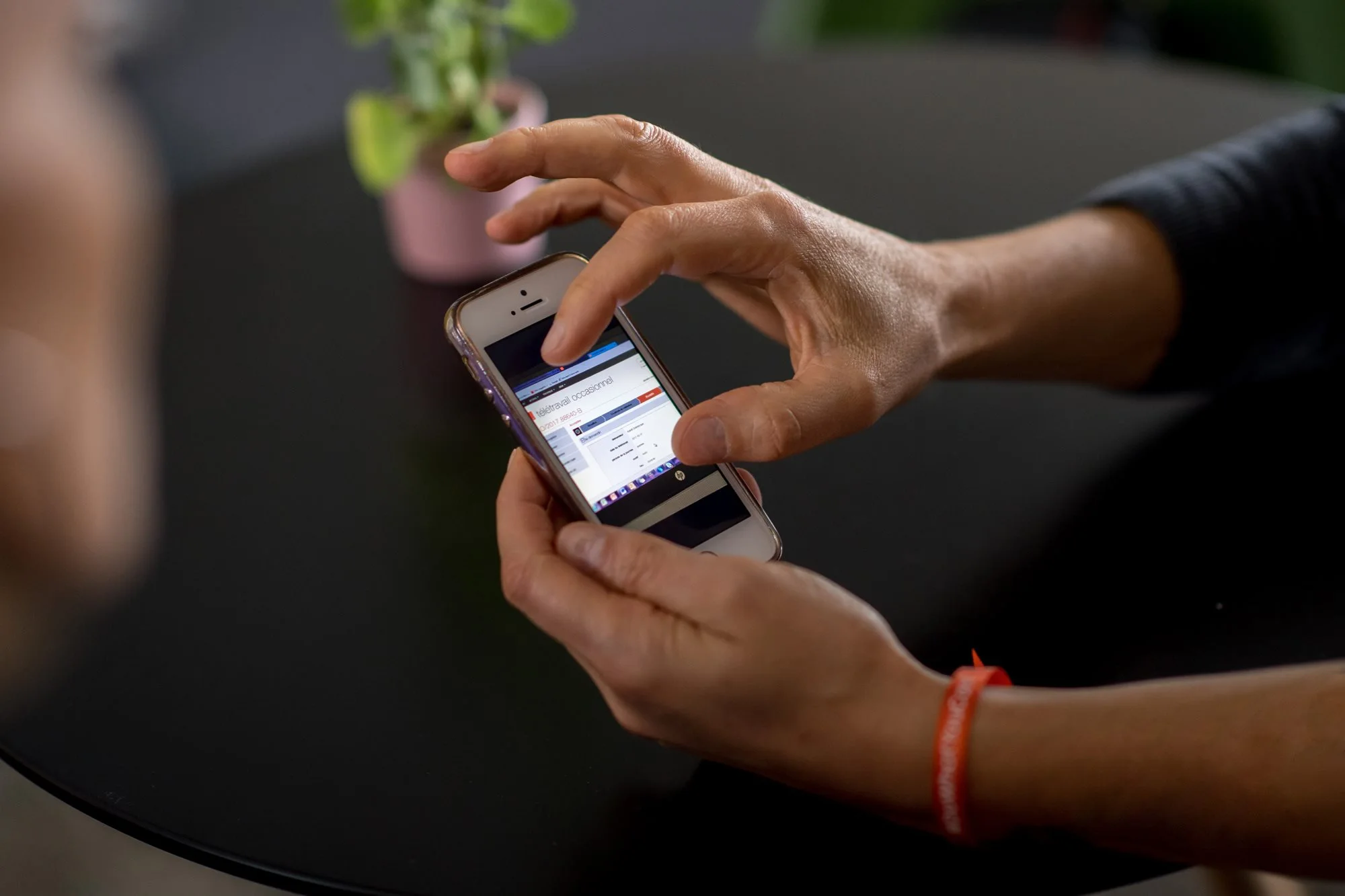Viber, the comeback

Viber, a neglected instant messaging application that is making a comeback.
In the face of WhatsApp's new terms of use, many messaging apps are resurfacing, advocating privacy and data security.
Indeed, in early January, WhatsApp announced that it was getting closer to its parent company Facebook, providing it with more information through a common database.
Dissatisfied, users have been asking around and turning to new instant messaging applications, guaranteeing them a greater respect for their privacy. Among them, a ten-year-old application: Viber.
Viber: ensuring the security of user data
Viber was created in 2010 by Israeli entrepreneur Talmon Marco, former IT director of the Israeli Defense Forces in the 1990s. From its inception, this instant messaging application has had one goal: to ensure secure exchanges by protecting users' data.
For four consecutive years, Talmon Marco and his teams seek to develop the company's reputation. But it was not until 2014 that the company became a real success. Viber is indeed bought by the Japanese Internet services company, Rakuten.
And this rise does not stop there as three years later, 2017 is presented as the company’s rebirth. Frenchman Djamel Agoua was first appointed as head of Viber Media to take care of the service specializing in mobile advertising. A few months after this appointment, Viber changed its name and logo in July and officially became "Rakuten Viber."
To crown this year of changes, Djamel Agoua announced the company's new objectives in a press release to the Israeli economic press. With 260 million users, the main goal was to reach 2 billion users in 2020(1).
An ambitious figure that will never be reached. In 2019, Viber had only 400 million users(2), mainly in Eastern European countries.
Djamel Agoua is not discouraged and remains confident in the potential of his company. He is banking on his company's principles, which are none other than high data protection, to conquer the market.
Two years later, the controversy caused by WhatsApp could allow the messaging application to increase its visibility among new users and make them discover its very secure system. Promoting the respect of privacy, the application encrypts all exchanges and calls.
Viber: what data is collected?
During account creation, necessary information is collected to ensure the proper functioning of the application. Name, email, date of birth, age, phone number, and if necessary, billing information is the only information required at the time of registration.
Other data can be collected afterward, but these are optional and are provided by the user if he/she wishes to complete his/her profile. Informing other users of his birthday or allowing access to the address book is an example of options.
More information may also be collected through social networks. As stated in Viber's privacy policy, "If you sign in to your Viber account through third-party social media sites like VK, you agree to give us on-going access to your personal information on such sites (e.g., your public profile, friend list, accounts you follow or who follow you, your email address, birthday, work history, education history, interests, current city, and video viewing).
Thus, once the user logs in via their social networks, they agree to provide ongoing access to some of their data (mentioned above).
Viber: how is the data protected?
Security being the main objective of Viber, many protection techniques are used. Firewalls, encryption of exchanges, reinforced controls during physical access to data centers... are all solutions that ensure maximum protection of information.
Since messages and calls are encrypted from end to end, no exchange can be read or listened to. Moreover, messages are not stored on servers but are directly deleted once the message is delivered. If the message is not opened for any reason, it remains in the database for a maximum of 2 weeks, after which it is deleted.
Viber: is user data shared with third parties?
According to Viber's privacy policy, "Your data is kept safe with us, but we do share your personal information with third parties we trust in order to provide you with our services.
The information is thus transmitted to the Viber family of companies, including the parent company Rakuten. Also, the information may be shared with third parties who ensure the application's proper functioning, including detecting illegal activities, spam, etc.
Also, the application shares data for marketing purposes as stated in its privacy policy: "we use your information (…) to personalize your experience by providing content (such as games) on the Service, including targeted advertising of Viber services and other 3rd party services that we believe may be of most interest to you.
Viber, a good alternative to WhatsApp?
By announcing its new terms of use, WhatsApp has highlighted its competitors trying to stand out. While Viber emphasizes strong cybersecurity and limited data sharing, it still admits to sending data to advertisers.
A model that is perhaps more balanced than the sector's giants, which could please... to be followed.
Notes :
(1)Globes, "Viber talking on the global giants," 2017
(2)OBS, "The French shun Viber: yet we are more secure than WhatsApp and Telegram," 2019
